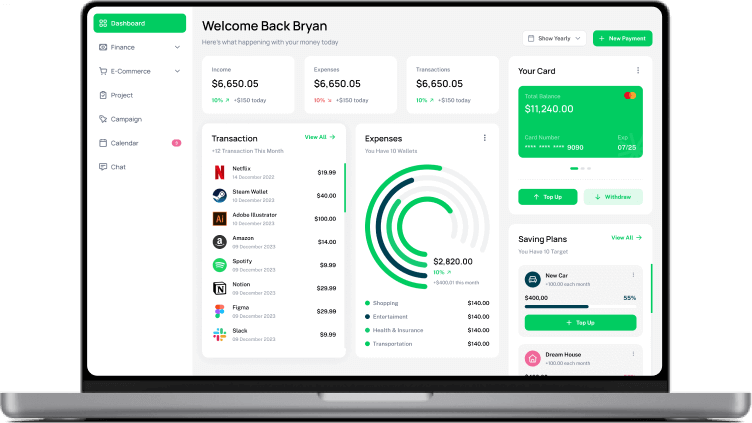Commission In Sales
Definition: Commission is form of remuneration designed for salespeople according to their performance or realization of sale. Usually a fixed percentage of sales executed as a financial incentive that serves to motivate and reward high achievers.
Detailed Explanation
A commission is usually calculated as a percentage of the sales revenues that the salesman is able to generate, though in some cases a flat rate per sale might be used. This method is devised to give greater inducement for selling activity. Here are some differences in the commission structure depending on the approach of the selling organization:
- Percentage-Based Commission: The most common form, where the amount paid to salespeople is based on a fixed percentage of the sales they generate.
- Tiered Commission: As just outlined, this is where the commission rate increases as the salesperson sells more. For instance, they might earn 5% on sales up to $10,000, 10% on sales between $10,001 and $20,000, and so on.
- Residual Commission: This ensures a salesperson earns a commission on repeat sales, or when a customer is making repetitive purchases, or is on a subscription or service contract, provided that customer stays with the company.
- Draw Against Commission: A guaranteed minimum income provided to a salesperson, which is then “drawn” against their earned commissions.
Importance in the Sales Process
Commission in sales is an important part of the process for several reasons:
- Motivation: Because commissions are a by-product of performance, the latter acts as a motivator for salespeople to turn in more deals and boost their efforts.
- Compensation Flexibility: Commissions allow companies to keep fixed costs lower, as they pay more in compensation only when sales are actually made.
- Goal Alignment: When a portion of the income is tied to the sales outcome, the goals of the salesperson and those of the company are aligned in the process of revenue generation.
- Meritocratic Reward System: Outstanding salespeople can earn exponentially, thus improving the retention of top talent and breeding a competitive, high-effort culture within the sales team.
Real-World Example
This can be illustrated by a real estate agent earning a commission. For example, if that agent gets to sell a house at $500,000 for 3%, in that one deal, they will make $15,000. In more competitive industries, such as software sales, salespeople could even have had a base salary but earn 10% commission for all sales that they bring in over a certain amount, thereby incentivizing the effort to exceed targets.

